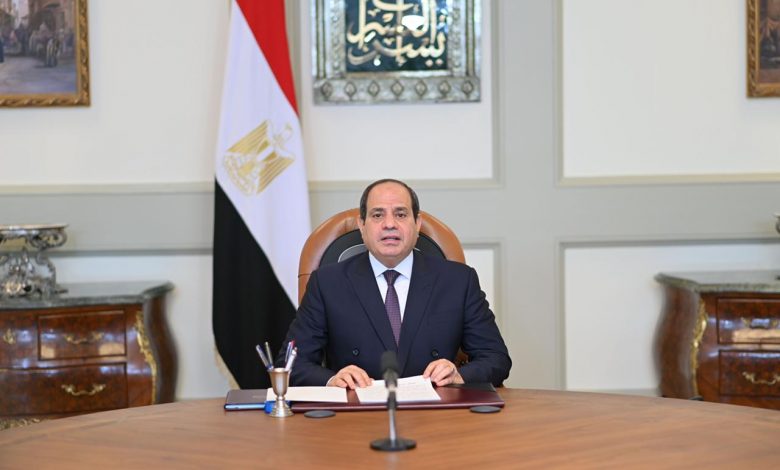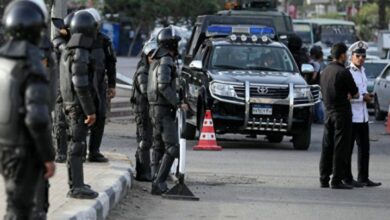Cases that would have been tried by the State Security Emergency Court under the Emergency Law should now be referred to felony and misdemeanor courts, Public Prosecutor Abdel Meguid Mahmoud instructed on Monday.
On 31 May, the Supreme Council of the Armed Forces ended the state of emergency that had been in force for the past 31 years.
Mahmoud also ordered an end to the use of exceptional authorities allowed under the Emergency Law, such as detention, monitoring telephone lines and recording private conversations.
Mahmoud said that Egypt should focus on issues such as thuggery, which have a negative impact on the security and safety of the nation. The courts should ensure the quick completion of all open investigations, he added.
In the past, thuggery cases were amongst those that fell under the jurisdiction of the State Security Emergency Court. However, these cases will now fall under the jurisdiction of ordinary courts.
The Emergency Law, which lays out the actions that the government can take during a state of emergency, was put in place following the assassination of former President Anwar Sadat in 1981. The law’s first article says that a state of emergency can be declared whenever there is a risk to security or public order anywhere in the country, whether from war, the threat of war, internal disturbances, public disasters or pandemics.
On 23 January, Field Marshal Hussein Tantawi decided to lift the state of emergency in advance of the anniversary of the 25 January revolution. However, he left a clause in place stating that the Emergency Law could be still be applied in cases of “thuggery,” without defining that term.
A disagreement then erupted between political forces and legal scholars about how to interpret “thuggery” under the law.
Edited translation from Al-Masry Al-Youm




